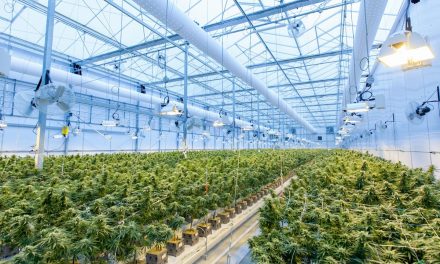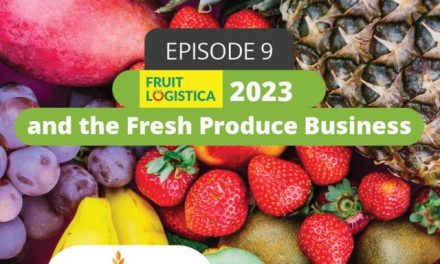
The Brexit would affect the export prices of Cherry tomatoes from Spain to the United Kingdom

The uncertainty around the Brexit and its effect on agriculture exports from Spain, has raised several questions in the productive and commercial sector, mainly about the economic scenario that the industry will face, certainly by being overshadowed by strong repercussions to the economy if no agreements are reached with Brussels on March 29th. What actions should be taken? How much would this affect the price of the products? What will be the contingency plan? These are just some of the questions that are constantly being asked for in the commercial field.
Within the agricultural industry, the fruit and vegetable sector doesn’t escape this imminent reality, especially when Spain is the main supplier of fruits and vegetables of the British Isles. In the case of the Spanish tomato -and in a worst case scenario- these could increase their current price by more than 10%, according to what the producers of southern Spain are foreseeing. Considering this situation, both sides would experience the effects on their economy and everyday life.
Prices may increase for a variety of reasons, one of which is the payment of additional fares for the transportation of the product to its destination. For example, the company Bonnysa, which is the main supplier of tomatoes to the United Kingdom, would be forced to pay new fees or tariffs that it had never paid before. This would increase the cost of truck transportation. In addition, new inspections and processes involving extra time and work, and therefore additional costs, directly affecting the consumer’s final price should be faced.
This raises concern for the managers of the organization since the product has remained largely stable at the same price over the last 15 years. They are currently trying to understand what the possible scenarios are and how to proceed as a result of them. (According to information published in a recent press release).








![[eBook] Sustainability and water management](https://agriplasticscommunity.com/wp-content/uploads/8_550x310_ENG-440x264.png)
![[eBook Trends in Agriculture Plastics] Increasing use of biodegradable mulch](https://agriplasticscommunity.com/wp-content/uploads/550 × 310_2_ENG-150x150.png)
![[eBook Trends in Agriculture Plastics] Reducing the plastic used in the manufacture of agricultural films](https://agriplasticscommunity.com/wp-content/uploads/550 × 310_1_ENG-150x150.png)
















